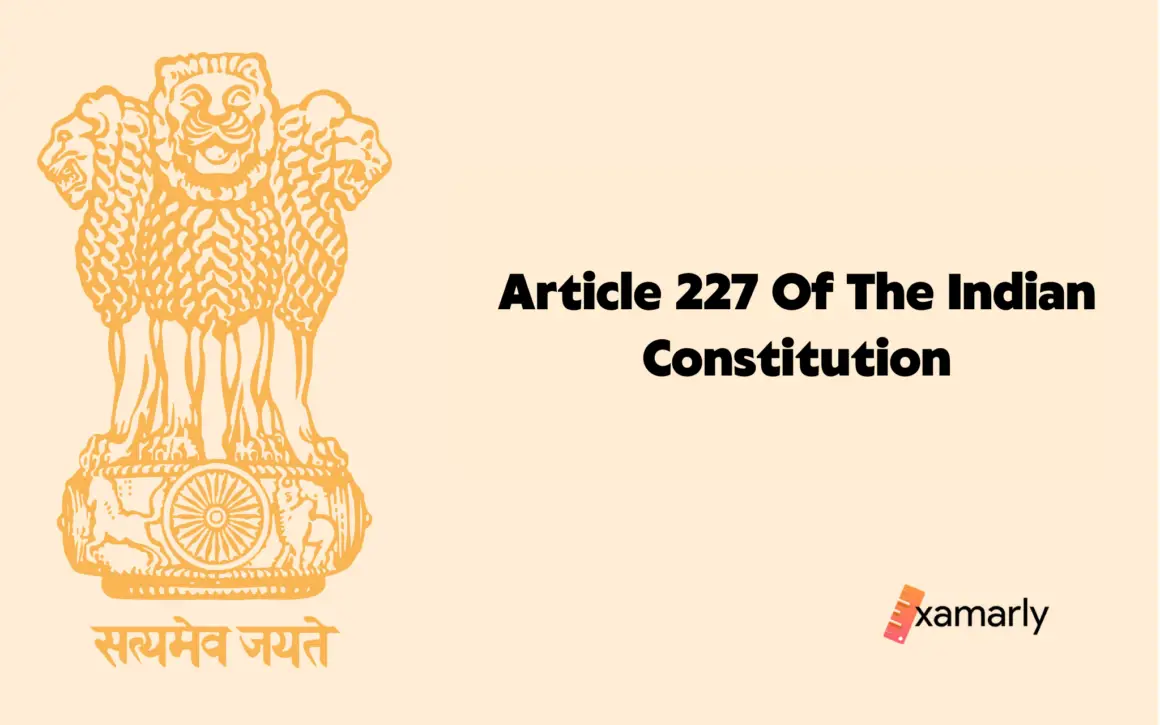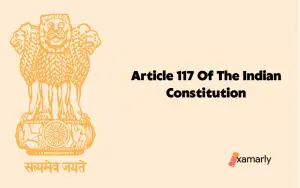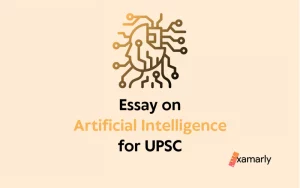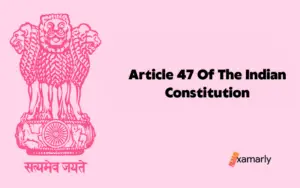Article 227 talks about the supremacy of the High Court over all the tribunals and all judiciary bodies within its territory.
It also talks about the authority of the High Court in financial matters within the territory and also the authority in regulating the office of the bureaucrats within the territory.
Let us dig deep into Article 227 of the Indian Constitution and grasp all the concepts related to it.
Article 227 Of The Indian Constitution – In Detail
We will break down each and every clause of Article 227 of the Indian Constitution in order to get an in-depth understanding.
Clause 1 – As it is & Explained
227. Power of superintendence over all courts by the High Court
(1) Every High Court shall have superintendence over all courts and tribunals throughout the territories interrelation to which it exercises jurisdiction
The first clause of Article 227 of the Indian Constitution says that every high court has the authority over the local judicial bodies and tribunals that present in the territories in which that court exercises its jurisdiction.
Clause 2 – As it is & Explained
(2) Without prejudice to the generality of the foregoing provisions, the High Court may
(a) call for returns from such courts;
(b) make and issue general rules and prescribe forms for regulating the practice and proceedings of such courts; and
(c) prescribe forms in which books, entries and accounts shall be kept by the officers of any such courts
The second clause of Article 227 of Indian Constitution says that without limiting the scope of the foregoing provisions, the High Court has the authority to
(a) request reports from such courts,
(b) issue general rules and prescribe forms for regulating the practise and proceedings of such
(c) issue forms in which books, entries, and accounts shall be kept by the officers of any such courts.
Clause 3 – As it is & Explained
(3) The High Court may also settle tables of fees to be allowed to the sheriff and all clerks and officers of such courts and to attorneys, advocates and pleaders practising therein: Provided that any rules made, forms prescribed or tables settled under clause ( 2 ) or clause ( 3 ) shall not be inconsistent with the provision of any law for the time being in force, and shall require the previous approval of the Governor
The third clause of Article 227 of the Indian Constitution says that, the High Court can establish fee schedules for the sheriff, all court clerks and officials, and any lawyers, advocates, or pleaders who work in those courts.
It also says that proposed rule, form-prescription, and table-setting under subclauses (2) and (3) shall not be contrary to any law now in effect and shall be subject to the prior consent of the Governor.
Clause 4 – As it is & Explained
(4) Nothing in this article shall be deemed to confer on a High Court powers of superintendence over any court or tribunal constituted by or under any law relating to the Armed Forces
The fourth clause of Article 227 of the Indian Constitution says that anything mentioned in this article cannot be empower High Court to have any authority over judicial bodies in the state that have been constituted by Armed Forces or are related to Armed Forces by any lawful means.
The distinction between Article 226 and Article 227
In the case of Surya Devi Rai vs. Ram Chander Rai, the Supreme Court of India looked to a number of previous constitutional judgements of the Hon’ble Apex Court, including Umaji Keshao Meshram and Ors. vs. Smt. Radhikabai and Anr, which defined the scope, power, and differences between Articles 226 and 227.
Comparing its previous rulings in Surya Devi Rai vs. Ram Chander Rai, the Supreme Court came to the following conclusions:
It is clear from Article 226 that the High Courts have the right to issue directives, orders, and writs to any entity, including the government. Whereas Article 227 grants High Courts the authority to exercise supervisory authority over lower courts and tribunals within their area of jurisdiction.
The most obvious difference between Article 226 and Article 227 is that the former allows the High Court to exercise its original jurisdiction, while the latter is limited to supervisory matters.
Certiorari is an example of the High Court’s original jurisdiction (Article 226), while the Court’s supervisory jurisdiction (Article 227) is more akin to the appellate revision or corrective jurisdiction seen in other courts.
The Constitution’s supervisory jurisdiction under Article 227 can be applied suo moto, while Article 226’s authority can be exercised on a plea made by or on behalf of the injured party.
Summing Up
We can conclude from Article 227 that High Court has the authority over all the sub judicial bodies present in States where it can exercise its jurisdiction.
We also saw that no High Court has authority to such courts that are by any means related to the Armed Forces.
High Court also has powers to regulate the working provisions of its judges.
FAQs
What does Article 227 of the Indian Constitution say?
Article 227 of the Indian Constitution gives the power of superintendence to the High Court over all courts and tribunals in the state. This means that the High Court has the authority to oversee the functioning of lower courts and tribunals in the state and to ensure that they are following the law and the principles of natural justice.
Can Article 227 of the Indian Constitution be invoked by a litigant?
No, Article 227 of the Indian Constitution cannot be invoked by a litigant. It gives the power of superintendence to the High Court, which means that it can only be exercised by the High Court or by an authority authorized by the High Court.
Can the power of superintendence under Article 227 of the Indian Constitution be exercised in relation to judicial actions?
It is not an acceptable practice for a claimant to first ask for a delay in proceedings at the trial court level and then appeal to the High Court for speedy resolution under Article 227 of the Indian Constitution.






